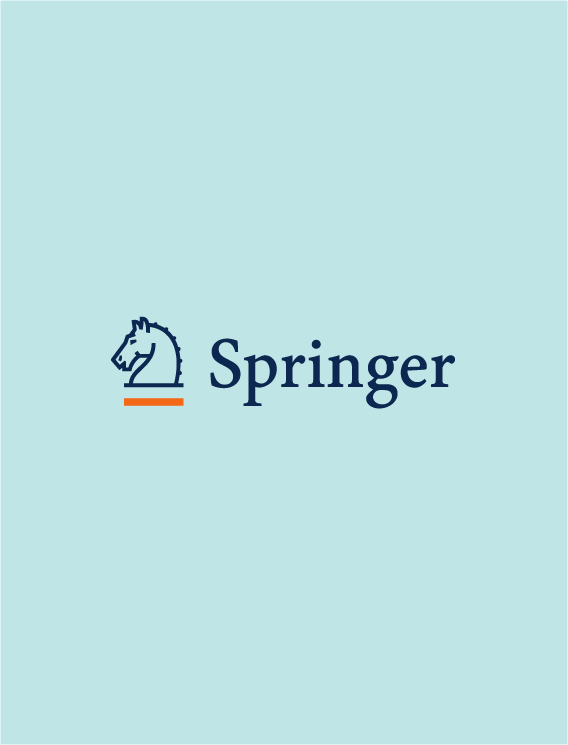Headline
Embedded peer navigators provide support and mentorship for people experiencing homelessness, leading to increases in chronic disease screening and referrals.
Context
People experiencing homelessness face higher rates of chronic disease than the general population, driven in part by disparities in access to chronic disease prevention and treatment and related health and social care services. Programs that use non-clinical staff who share similar lived experience with their clients can mitigate these disparities by increasing connections to health and social care services and building trust between health care providers and individuals. This study examines the planning and implementation of a program that aimed to improve connections to chronic disease screening and care for individuals experiencing or at risk of homelessness by employing peer navigators (PNs) who had previously experienced homelessness and/or behavioral health conditions.
Findings
Over the course of the study duration, PNs engaged with 1,071 individuals — providing chronic disease screenings for 823 and referring 429 to additional services. The authors outline coalition-building activities across a diverse range of community-based organizations and stakeholders (e.g., community health center, human services agencies, local library) that informed program design, implementation, and evaluation. Interviews with key personnel identified two major program strengths: (1) PNs’ ability to relate to clients through shared life experiences; and (2) peer liaisons — individuals who also shared similar life experiences with PNs and clients — who offered valuable support and supervision for PNs. The authors also noted the importance of additional implementation success factors, including readiness assessments within host organizations, clearly defined PN roles, implementation plans, supervisor training, and awareness of PNs’ individual recovery journeys. Significant program challenges included emotional burnout and stress management among PNs, along with measuring overall return on investment.
Takeaways
The Collective Impact Projects’ approach to coalition building and program design offers a roadmap for effectively building stakeholder buy-in and creating peer or other similar community health worker programs tailored to specific populations.

